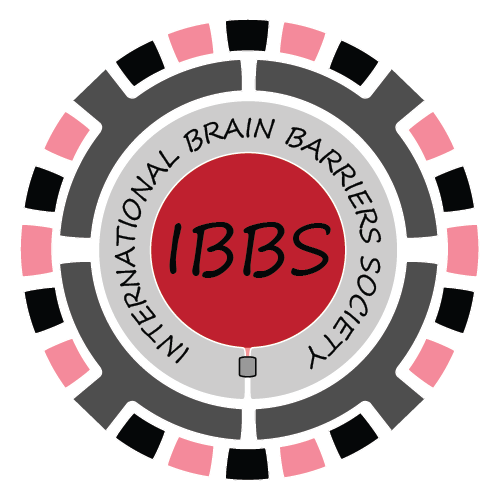The Wyss Institute for Biologically Inspired Engineering at Harvard University invites applications for Visiting Graduate Researcher II (student intern) position in the Brain Targeting Program (BTP). The position will focus on the discovery of new gene and protein targets to carry therapeutic and diagnostic payloads into the brain.
The Wyss Institute’s BTP, co-led by Donald Ingber, M.D., Ph.D., and James Gorman, M.D., Ph.D., focuses on developing novel proteomics and transcriptomic techniques to ultimately create antibody-based treatments for neurodegenerative diseases. The BTP uses a discovery platform that leverages novel human Organ Chips and other in vitro models of the blood-brain barrier (BBB) to study the transport of molecules across the human BBB into the central nervous system. One of its core projects is a target-discovery effort directed at identifying proteins that are highly expressed on the BBB endothelial cell surface and are present at higher levels (“enriched”) in the BBB compared to other organs. These proteins will be evaluated for their potential to transport cargoes across the BBB. The Wyss team is collaborating with several biopharmaceutical companies and other academic institutions to advance the brain transport target discovery program.
Applicants should have knowledge of the brain, understand basic cell biology, and be able to perform some cell culture experiments if required. The candidate will have one primary mentor. The candidate can expect rigorous training, exposure to multiple disciplines and in-depth learning about the BBB and target discovery, preparing them to pursue academic or biopharmaceutical careers.
Key Responsibilities:
- Investigate and interpret scientific literature to identify and classify potential targets
- Analyze transcriptomic and proteomic datasets to evaluate genes/proteins based on various metrics (e.g., abundance, enrichment, literature rating)
- Execute experiments to assess internalization and transcytosis capabilities of novel BBB targets
- Summarize, present, and share key findings with an interdisciplinary, scientific team in a cogent, organized manner
- Collaborate with other researchers and post-docs to address and solve new challenges and unanticipated problems as they arise
- Work independently, in a detail-oriented, self-driven manner
What you’ll need:
- Must hold and/or be enrolled in a MSc degree in the field of Biology, Neuroscience, Bioengineering, or a closely related discipline
- Scientific, Practical, and Interpersonal Skills:
- Soft Skills: communication, adaptability, independent thinking, efficiency, self-drive
- Computer Skills: Microsoft Office (Word, PowerPoint, Excel),
- Scientific Skills: design and implementation of scientific protocols, analysis of scientific literature and datasets, knowledge of proteins / genes / neurodegenerative disorders
Preferred:
- Experience with tissue culture and cell-based assay
- Bioinformatic approaches and/or statistical analyses
Where You Can Apply:
Applications, assembled as a single PDF file, should contain a complete resume and a cover letter describing research interests, goals, and why you would be a good fit for this program. Applications should be sent to
For more information please go to: wyss.harvard.edu/job/visiting-graduate-researcher-ii-student-intern-brain-targeting-program




